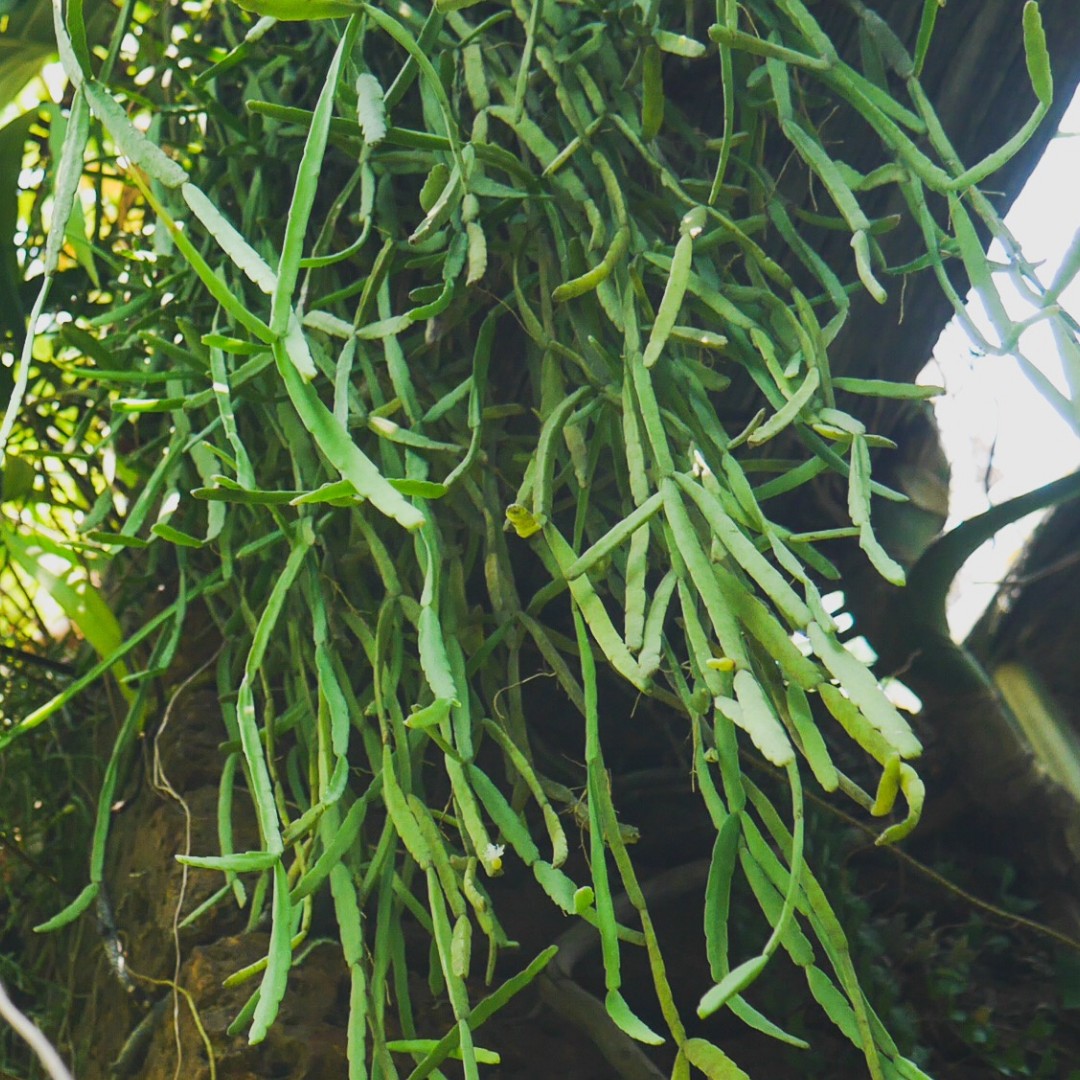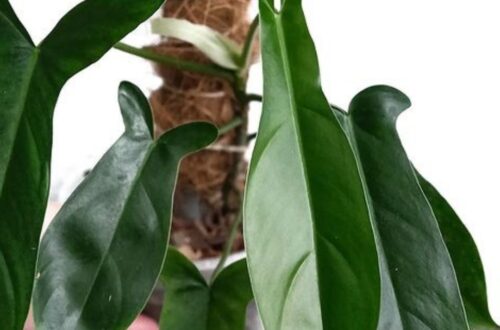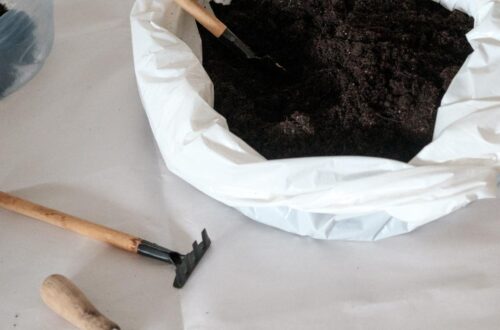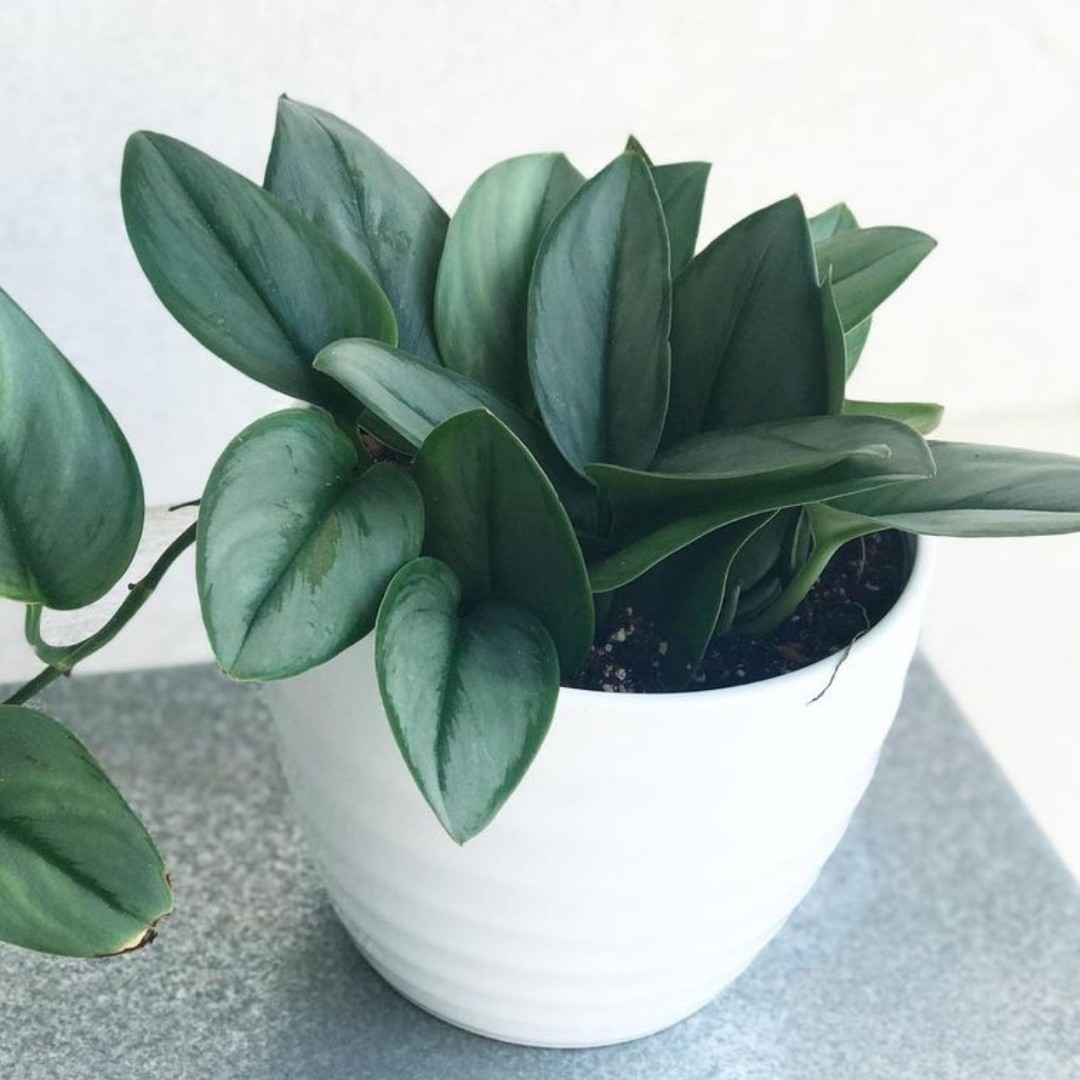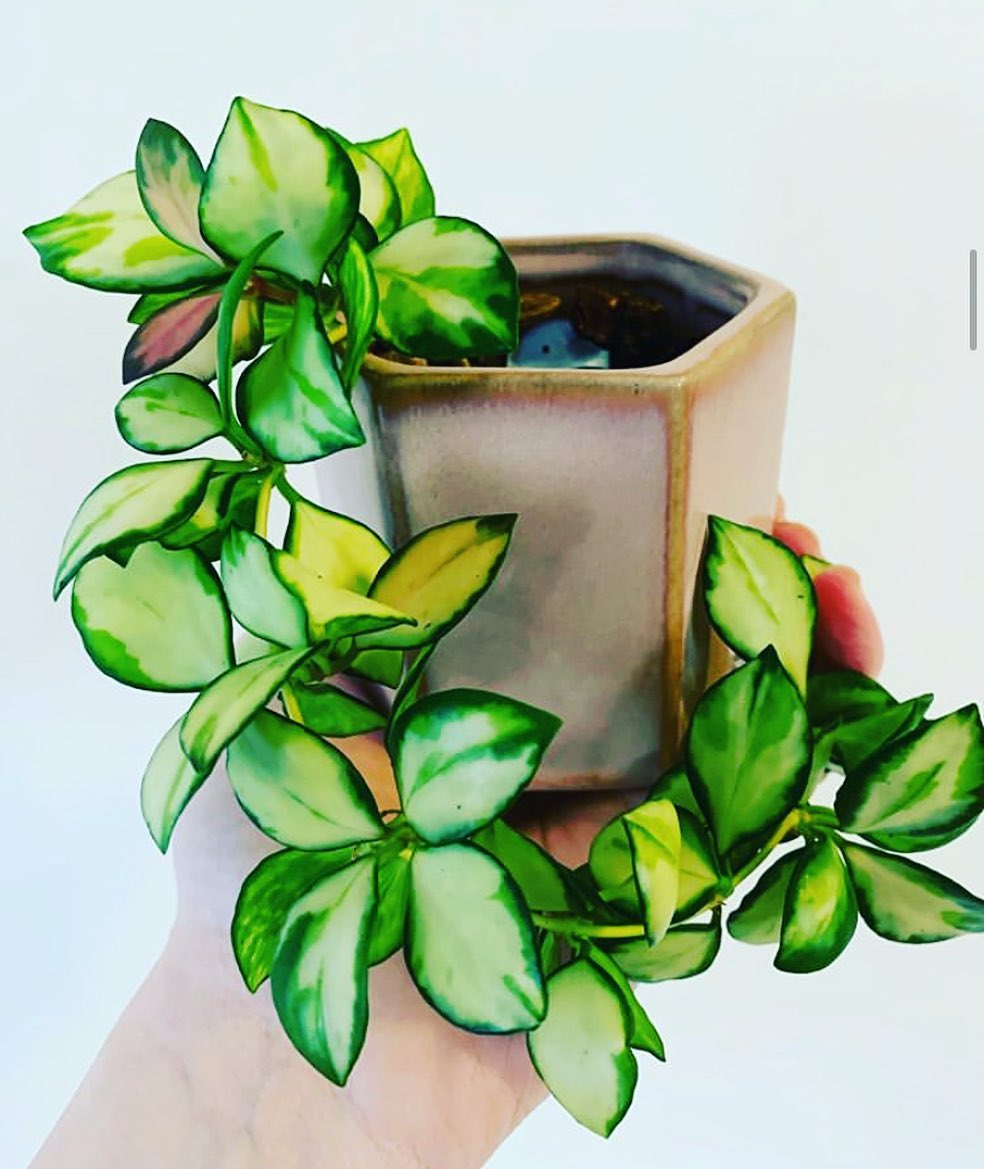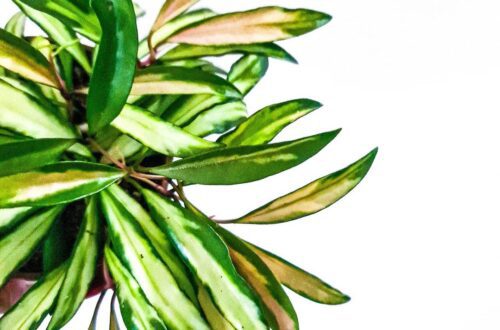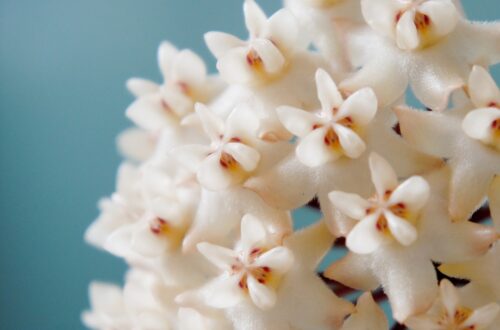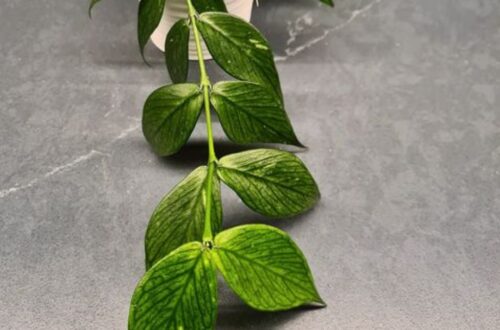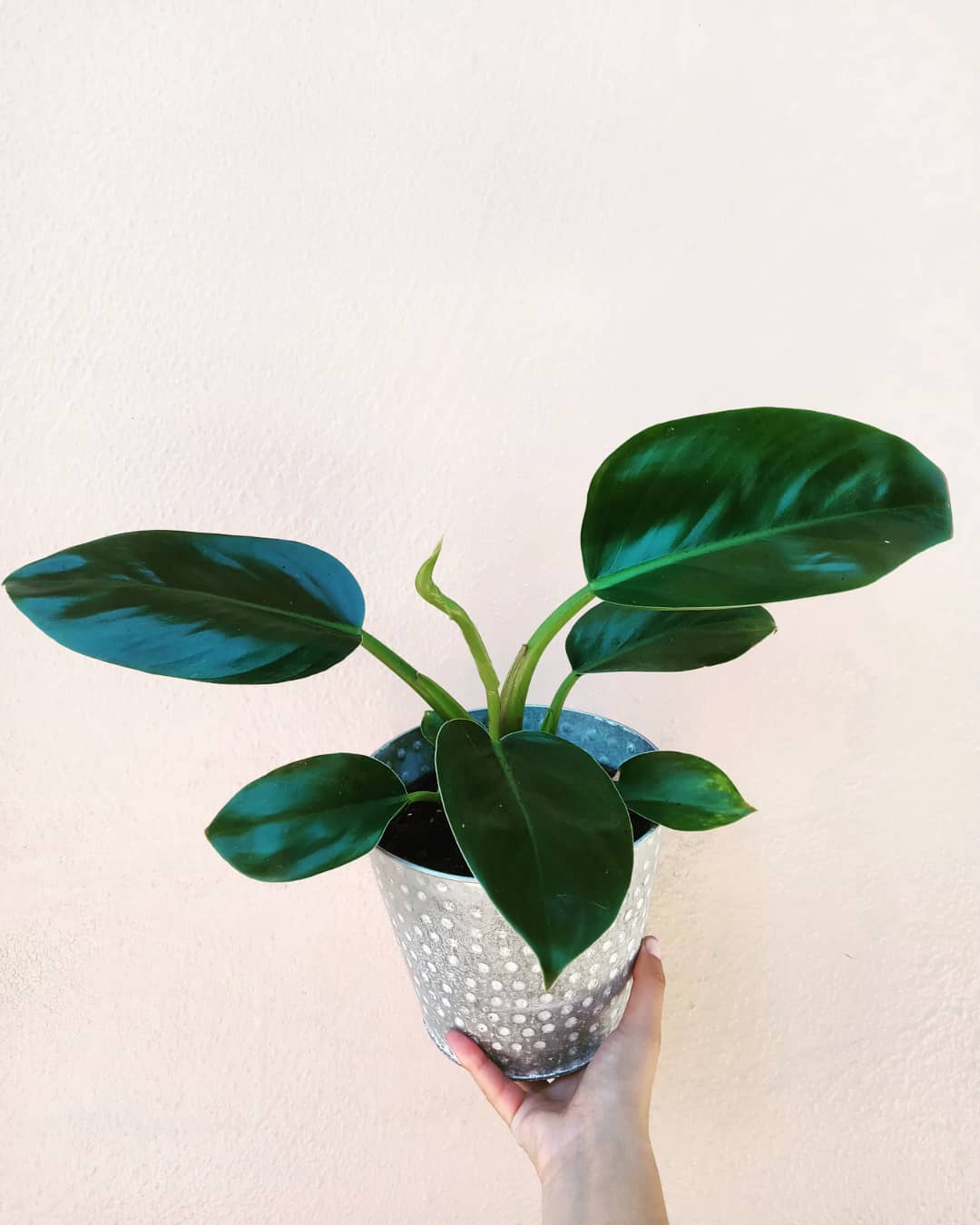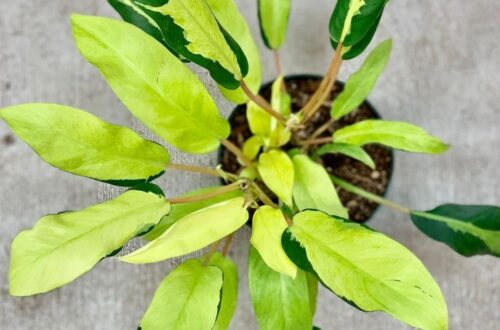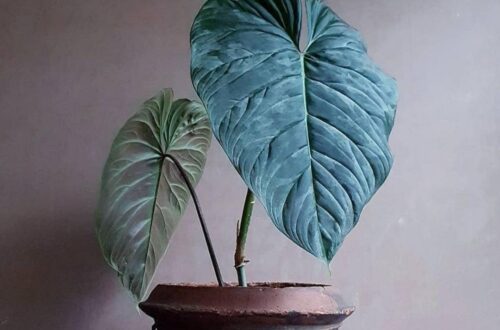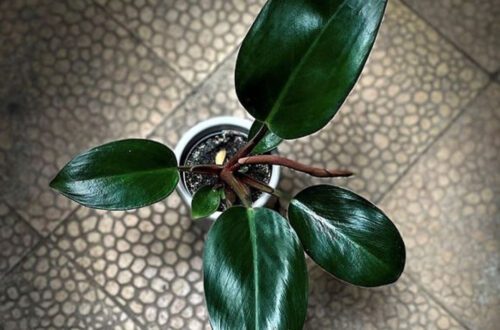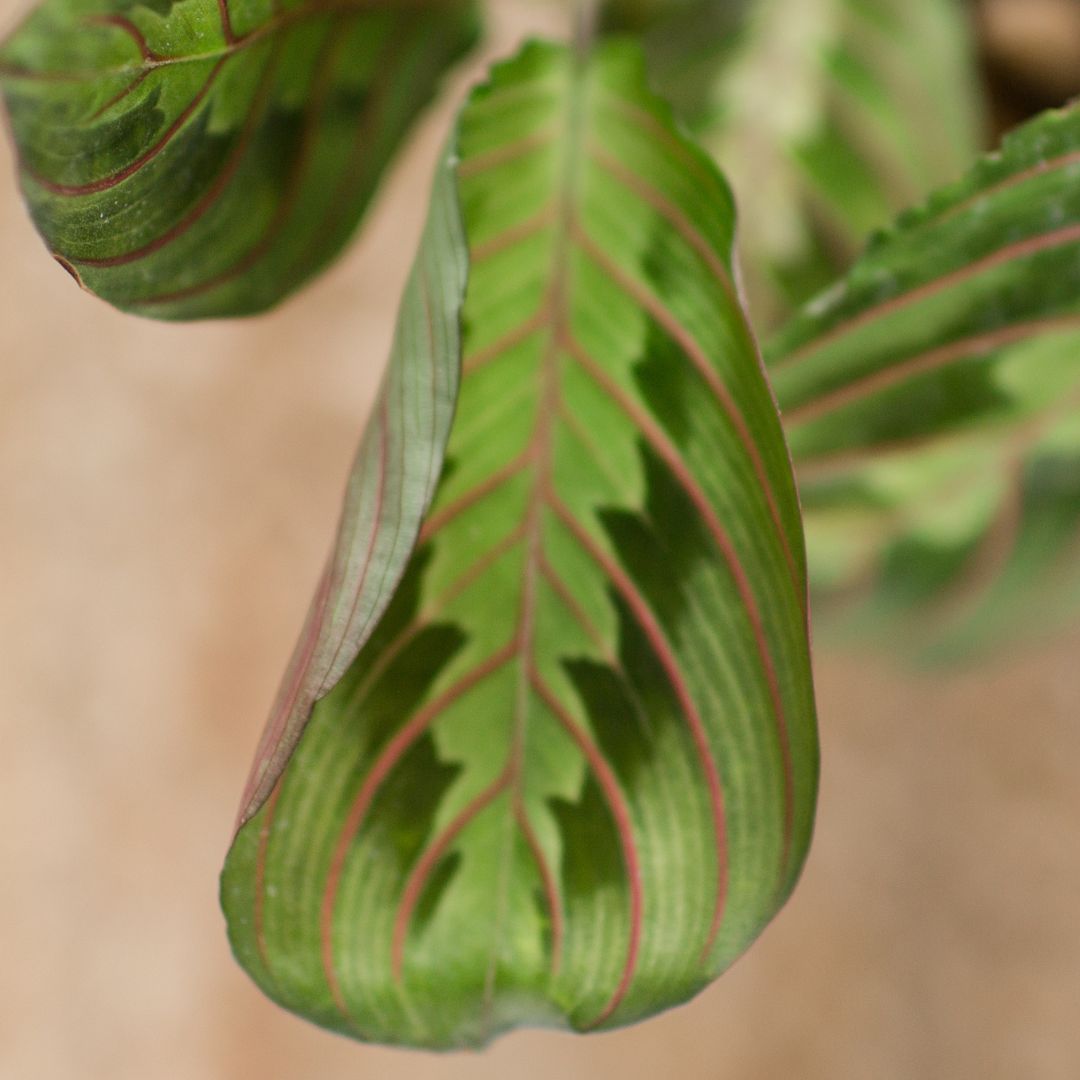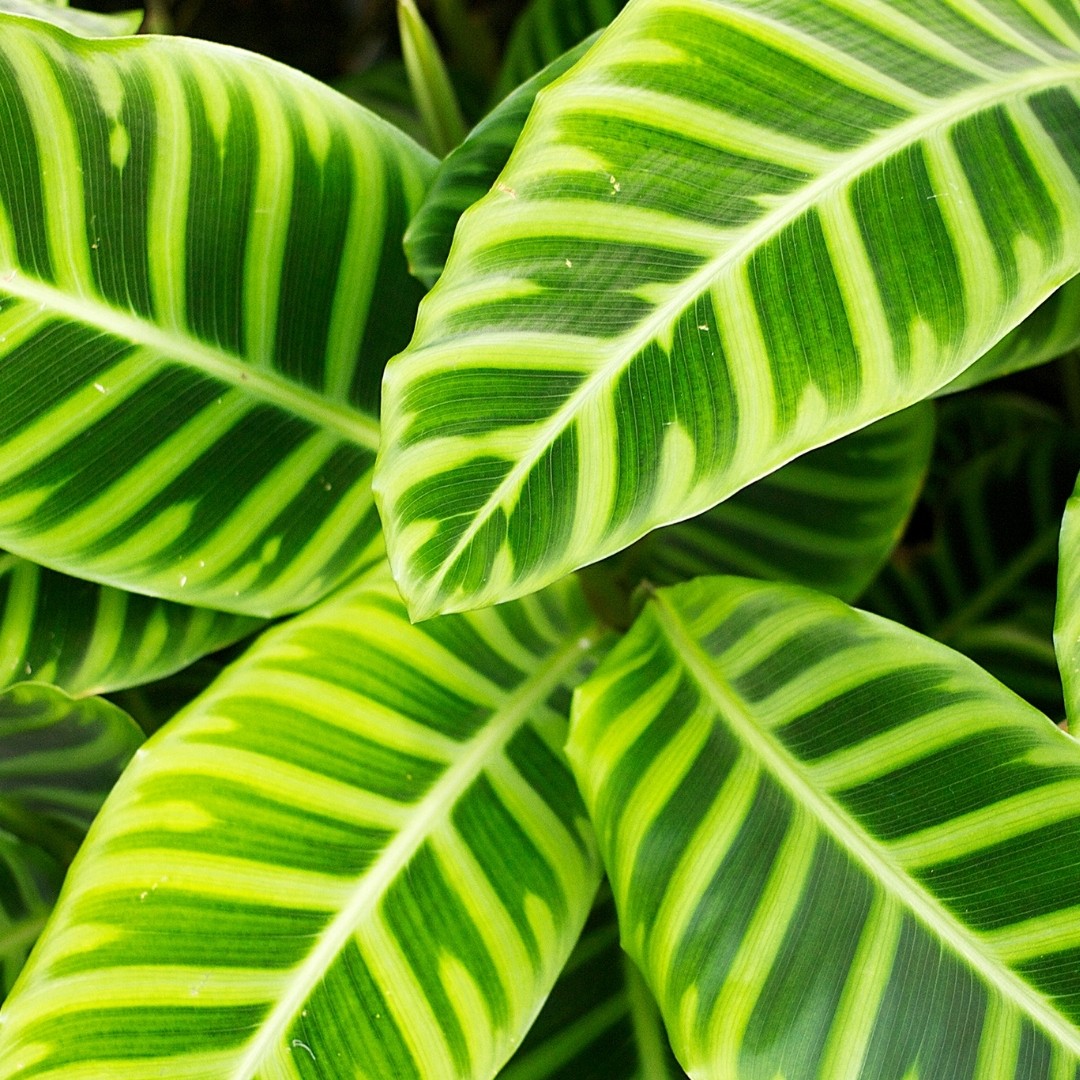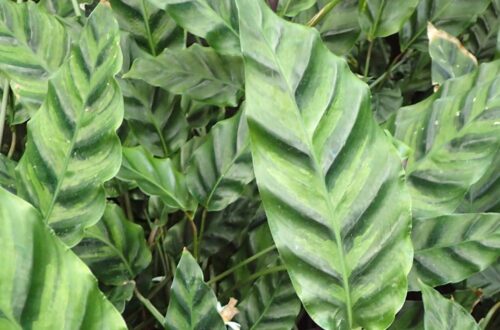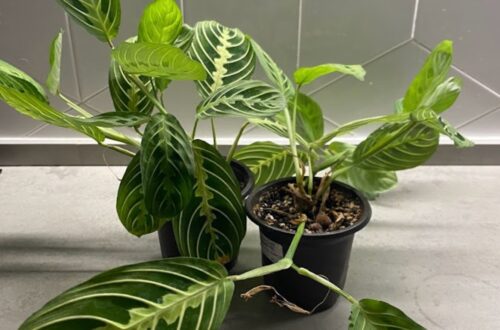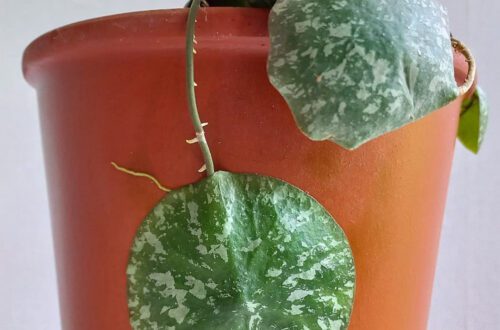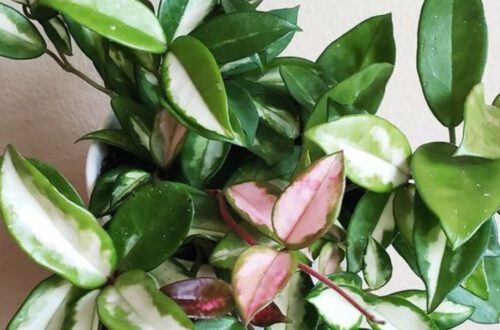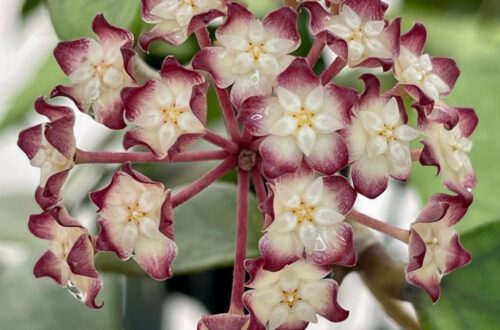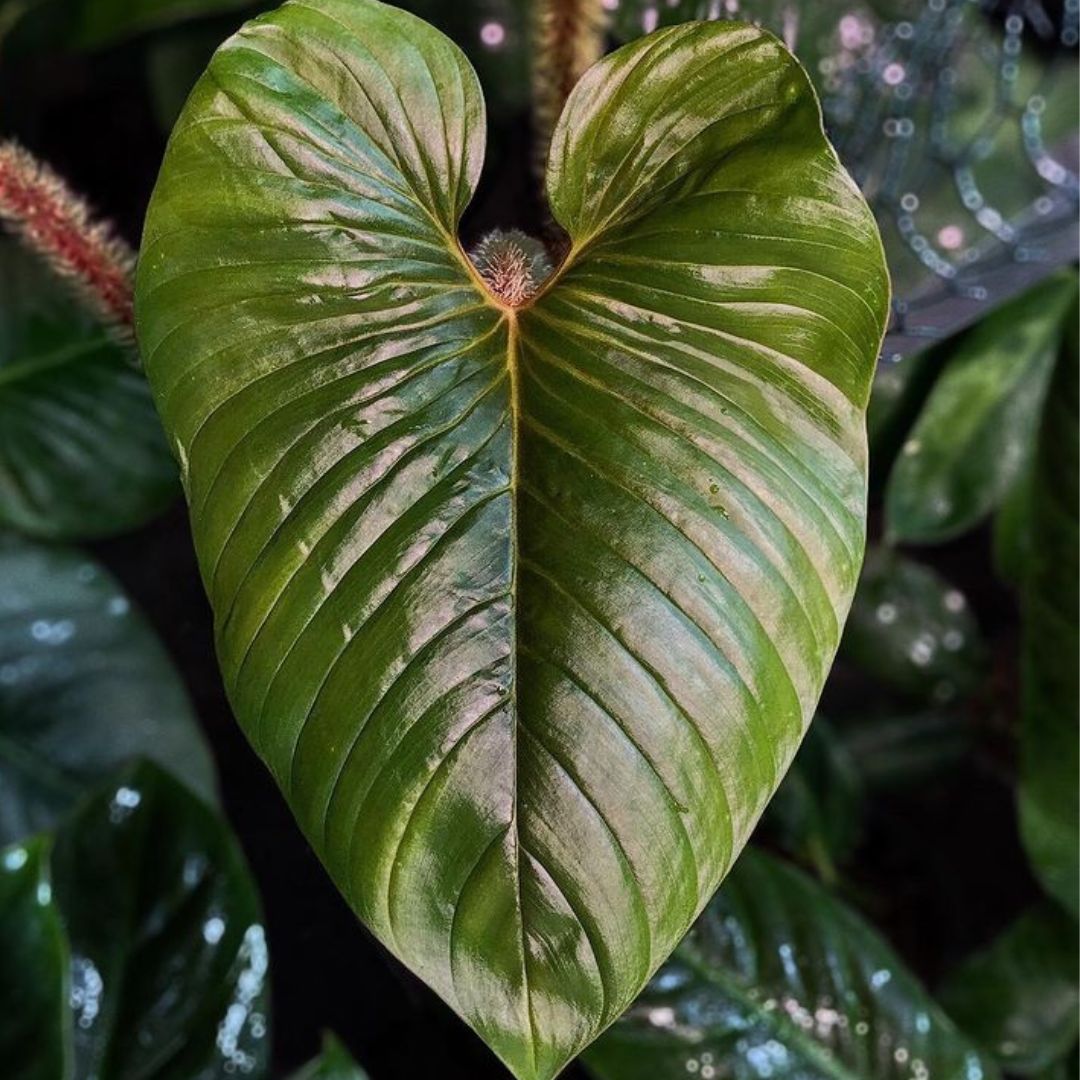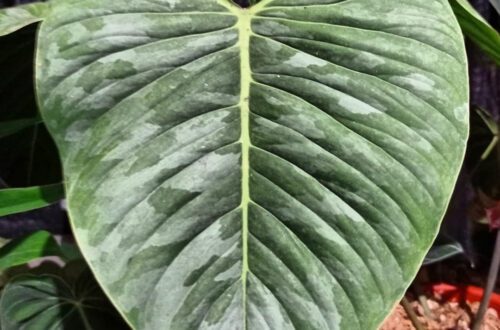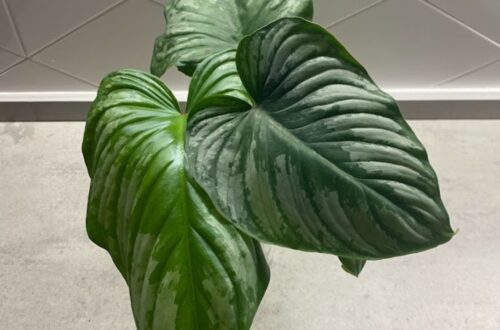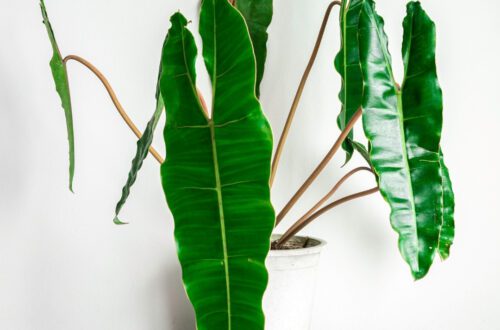-
Rhipsalis Paradoxa
Welcome to our guide to the Rhipsalis Paradoxa all you need to know about care and propagation, including light, water, soil, temperature and humidity needs. The key to caring for this plant is plenty of light and avoid wet soil by using a really well draining mix and water only when dry. Rhipsalis Paradoxa Care Summary Light needs: Bright indirect sunlight. Watering needs: Check weekly, water if soil is totally dry. Fertilizer: High nitrogen feed in the spring and summer. Soil: Loose, airy, well-draining soil. Humidity: 60-70%. Temperature: 18 to 24°C (64 to 75°F). Where to buy: Try our list of Rare Plant Shops. Other names: Chain cactus, Chain Rhipsalis.…
-
Hoya Heuschkeliana
Welcome to our guide to the hoya heuschkeliana and the hoya heuschkeliana variegated. The key to good care is to remember it’s epiphyte, we’ll go into further detail on care and propagation below… Hoya Heuschkeliana Summary Light needs: Medium to bright indirect sunlight. Watering needs: Check soil once a week and only water if dry. Fertilizer: Balanced fertilizer once a month in the growing months Soil: Equal parts soil, perlite and orchid bark. Very well draining. Humidity: 60% Temperature: 15-28°C (59-82°F). Where to buy: Try our list of Rare Plant Shops. Common issues: Root rot from overwatering. Introduction Welcome to our guide to hoya heuschkeliana care. These are small-leaved trailing epiphytic…
-
Philodendron Imperial Green
Welcome to our guide to Philodendron Imperial Green care and propagation. The main thing you need to be careful of is not overwatering it, they’re easy to care for, but can get root rot easily, so always test the soil before watering. Philodendron Imperial Green Care Summary Light needs: Moderate to bright indirect sunlight. Watering needs: Water if the top 50% of soil is dry. Fertilizer: A balanced feed once a month in summer. Soil: A rich, well draining compost. Humidity: 50%. Temperature: 18°C to 25°C (64-77°F). Where to buy: Try Etsy or one of these Rare Plant Shops. Common issues: Overwatering. Introduction Welcome to our guide to the philodendron imperial green, a…
-
Prayer Plant Leaf Curling
Welcome to our guide to prayer plant leaf curling, and other issues with calatheas and marantas… Both calatheas and marantas are commonly referred to as prayer plants, we will cover leaf curling for both these types of plants as the root causes are the same and they are very similar plants. They are both fussy and dramatic plants that will show on their leaves when they are unhappy. You need to get their care just right or you’ll have curling, yellowing or dropping leaves. Prayer Plant Leaves Curling Prayer plants get curling leaves when they lack moisture. Normally it is due to lack of humidity, they need 50% or more…
-
Hoya Latifolia
Welcome to our guide to the Hoya Latifolia all you need to know about care and propagation, including light, water, soil, temperature and humidity needs. The key to getting the best out of this plant is to keep it in a soil mix for epiphytes, and a decent humidity, as well as never overwatering it. Hoya Latifolia Care Summary Light needs: Bright indirect sunlight. Watering needs: Check weekly, let it dry out Fertilizer: High nitrogen fertilizer in the spring and summer. Soil: Hoya Soil. Humidity: 60%. Temperature: 70°F (20°C). Where to buy: Try our list of Rare Plant Shops. Other names: Dinner plate hoya. Common issues: Pests, overwatering. Introduction Hoya…
-
Philodendron Serpens
The key to philodendron serpens care is to keep the soil slightly moist without overwatering it and give it bright indirect sunlight but not direct sun. We cover all you need to know about care and propagation… Philodendron Serpens Care Summary Light needs: Bright indirect sunlight. Watering needs: Check weekly, water when top 50% of soil is dry. Fertilizer: In the spring and summer use a balanced fertilizer every 2 months. Soil: A well draining soil and perlite mix. Humidity: 60%. Temperature: 21-29°C (70-85°F). Where to buy: Try our list of Rare Plant Shops. Common issues: Overwatering and pests. Introduction The Philodendron Serpens originated from South Africa. It can be…
